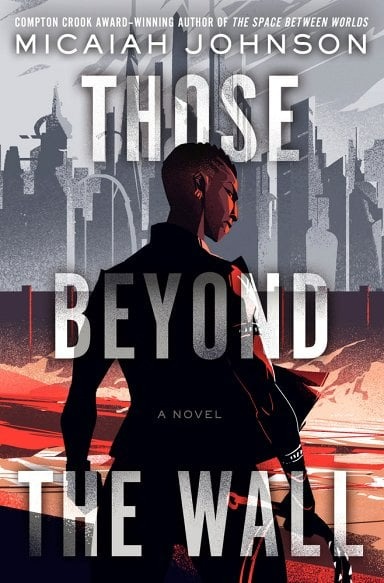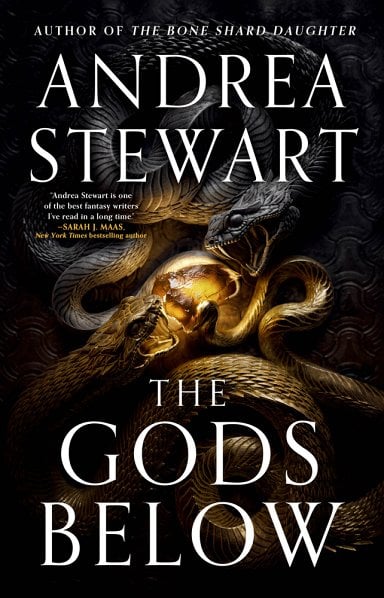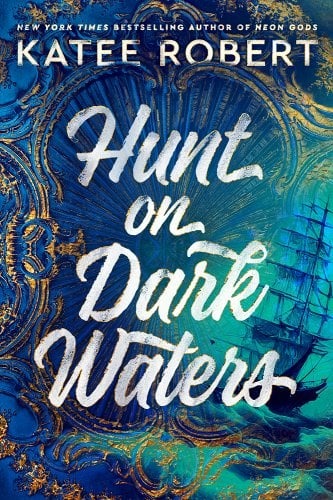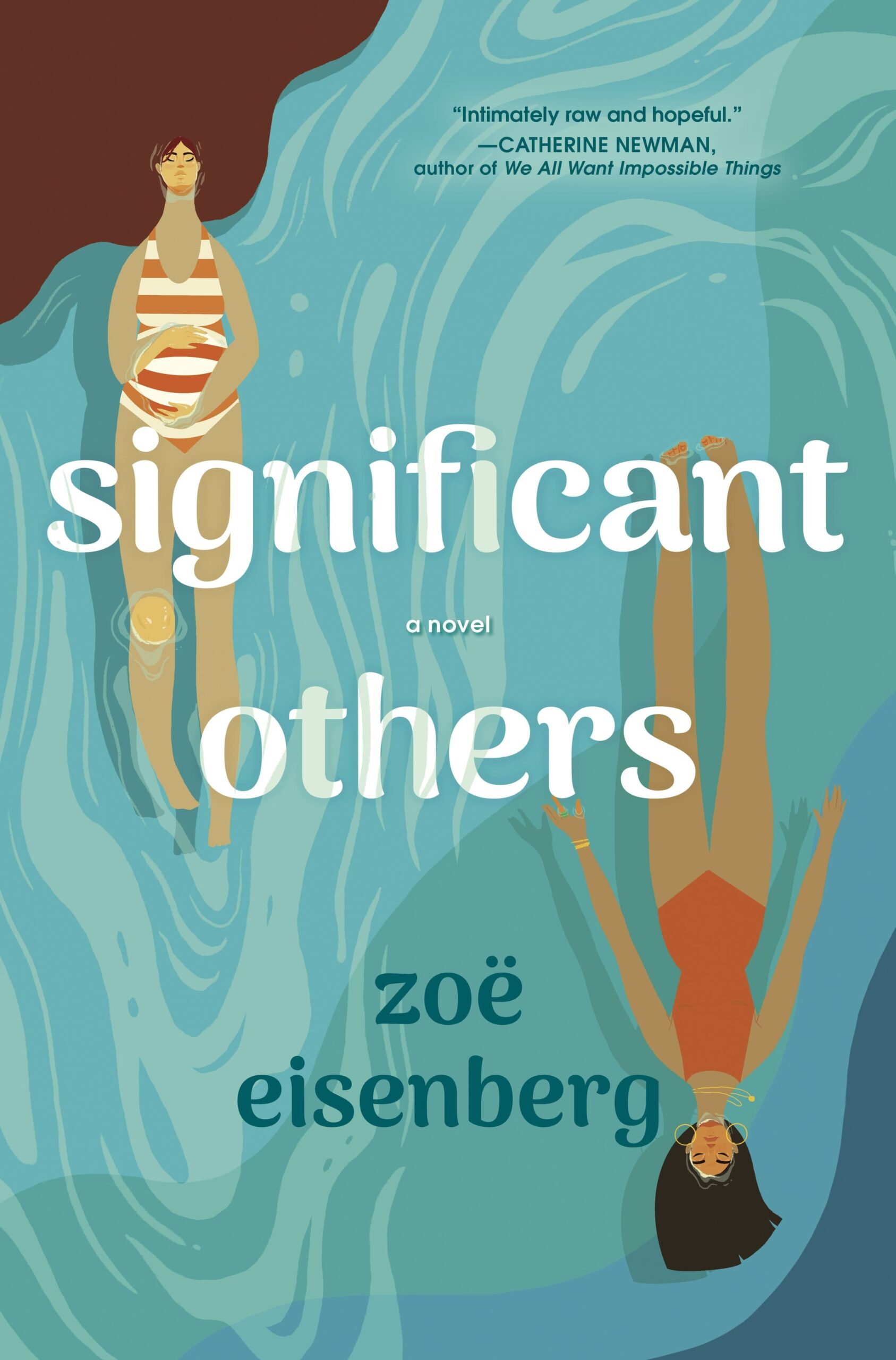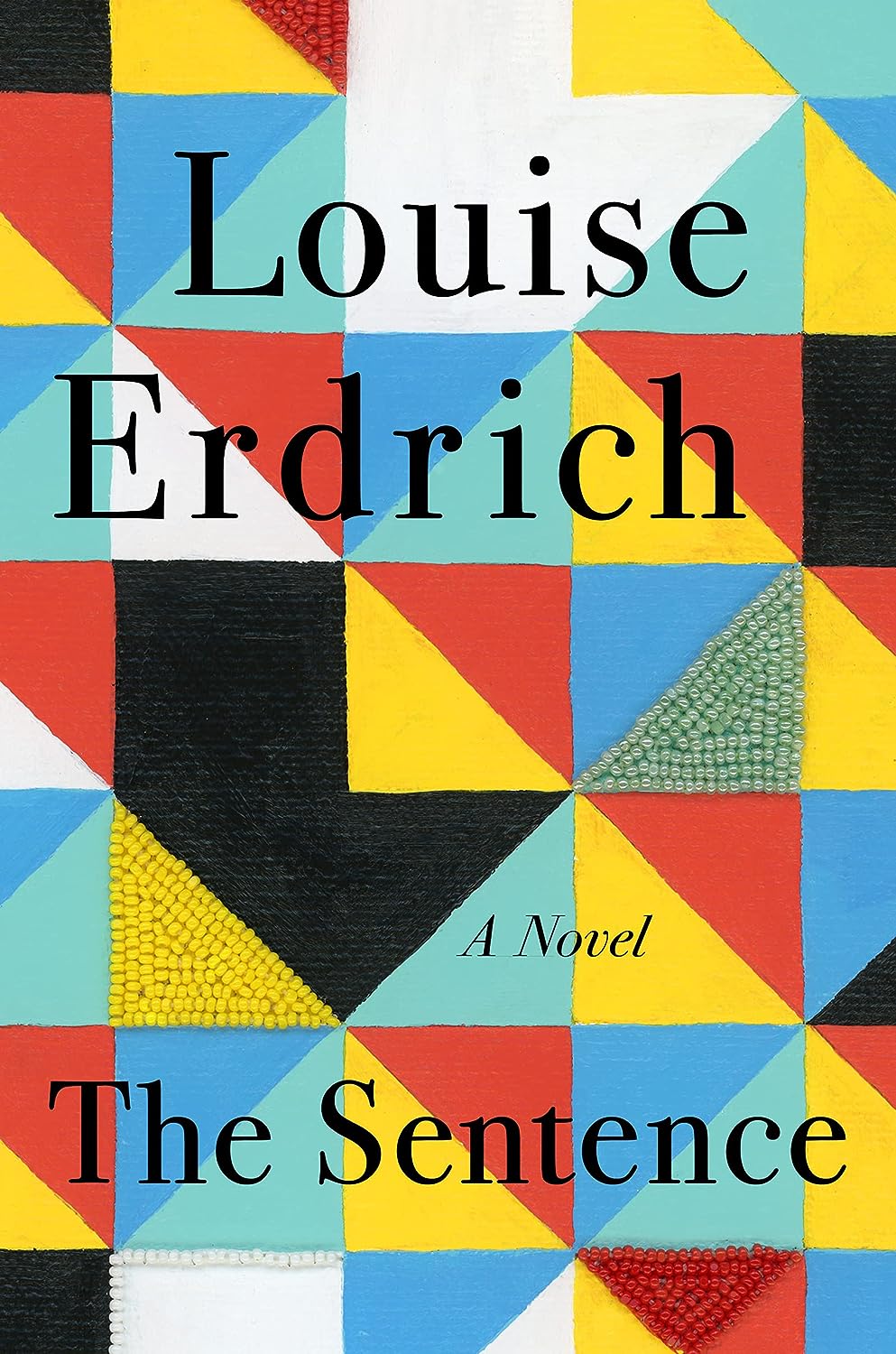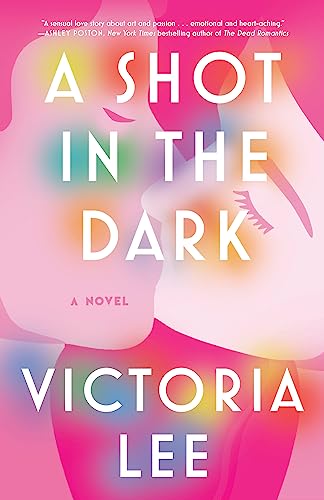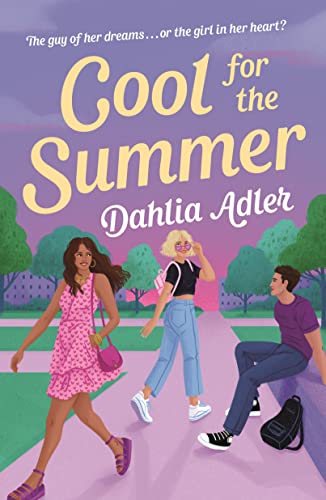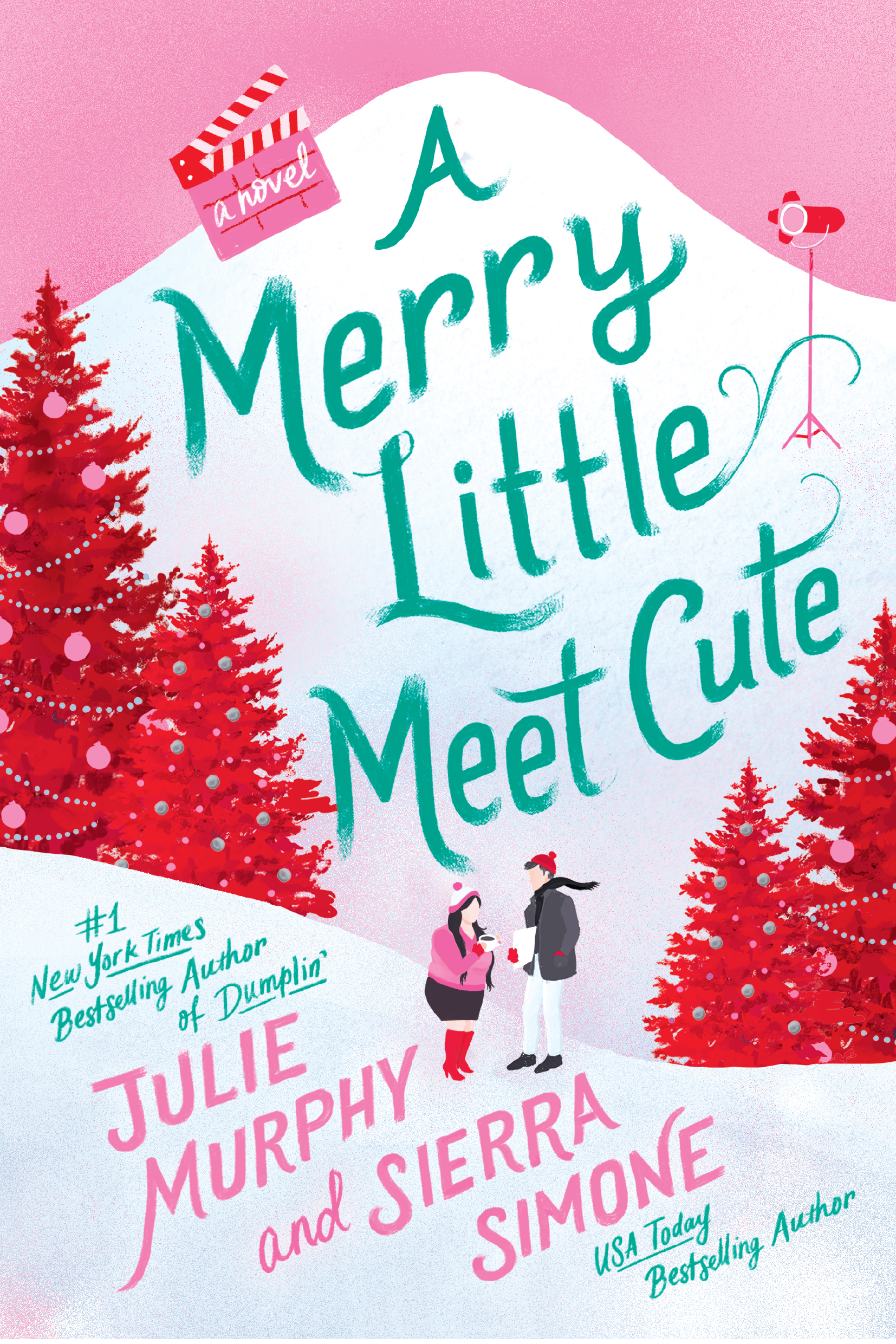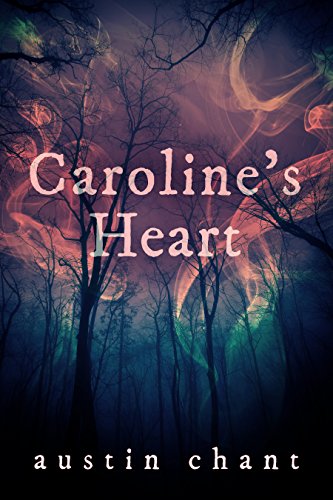I don’t think I’ve ever been so pulled into a novel by the dedication, author’s note, and epigraph. (The epigraph to Part One is “i did not come to preach of peace / for that’s not the hunted’s duty.” -Danez Smith.) In the author’s note, Johnson explains the inspiration behind this book coming from her time participating in the 62-day sit in at Nashville’s Tennessee State Capitol. I found myself writing down multiple quotations, including…
Separated Sisters and Warring Gods: The Gods Below by Andrea Stewart Review
Andrea Stewart’s The Gods Below is the start to her new Hollow Covenant trilogy, which follows two sisters in the aftermath of a war between gods. The sisters are not gods—they are ordinary people, forced to flee their home before the prevailing god could change it, and them, into something unrecognizable. While Hakara, the oldest, makes it intoRead More
How Much Would You Sacrifice for Fame?: Every Time You Hear That Song by Jenna Voris
Buy this from Bookshop.org to support local bookstores and the Lesbrary! I won’t be able to get through this review without mentioning The Seven Husbands of Evelyn Hugo, so let me get the comparison out of the way now. Like Evelyn Hugo, this cover likely doesn’t scream “queer story,” but it is—twice over, actually. LikeRead More
A Bisexual Disaster Romantasy: Hunt on Dark Waters (Crimson Sails #1) by Katee Robert
Buy this from Bookshop.org to support local bookstores and the Lesbrary! I have been slow to jump on board the romantasy bandwagon, partly because I am particular when it comes to romances, and partly because the subgenre has been pretty cis and straight. When I heard that Tiktok favourite Katee Robert had a new fantasyRead More
A Bittersweet Portrait of Platonic Partnership: Significant Others by Zoe Eisenberg
Buy this from Bookshop.org to support local bookstores and the Lesbrary! Jess and Ren were college roommates, and they have been inseparable ever since. That’s acceptable in college, but much less common when you’re in your late 30s, have bought a house together, and co-parent a dog. They’re committed to each other, but not dating—JessRead More
A Genre-Bending Haunted Bookstore Story: The Sentence by Louise Erdrich
Buy this from Bookshop.org to support local bookstores and the Lesbrary! I kept hearing people rave about this book when it was new. I heard it was a cozy read about someone working in a bookstore haunted by the ghost of a customer. So imagine my surprise when the book begins with the main characterRead More
A Queer M/F Romance of Healing and Reconciliation: A Shot in the Dark by Victoria Lee
Bookshop.org Affiliate Link This novel is a masterful exploration of various themes, ranging from consent and communication during intimate moments to faith, substance abuse, and power dynamics. The author’s ability to delve into these topics with depth and sensitivity truly impressed me. The novel shines in its approach to consent and communication during sexual encounters.Read More
Sweet Summer Bi Vibes: Cool for the Summer by Dahlia Adler
Bookshop.org Affiliate Link “Just because you’re telling a good story doesn’t mean it’s the right story. And I think it’s really important to tell the right story.” For three years of high school, Larissa had extreme heart-eyes for Chase Harding; the sweet, popular, football star any girl would die to date. After returning from summerRead More
Danika reviews A Merry Little Meet Cute by Julie Murphy and Sierra Simone
Amazon Affiliate Link | Bookshop.org Affiliate Link Note: This a HarperCollins title. The HarperCollins union has been on strike since November 10th, asking for better pay, more diversity initiatives, and union protections. Learn more at their site. I have never read (or watched) such a horny holiday romance. This is an M/F bisexual/bisexual romance thatRead More
Kelleen Reviews Three Novellas to Marathon This Summer
Caroline’s Heart by Austin Chant I read Caroline’s Heart by Austin Chant for the first time this month and it blew my mind. It’s a queer trans historical western fantasy novella and it’s just so GOOD. I don’t read a lot of fantasy and I don’t read a lot of westerns, but I love aRead More
